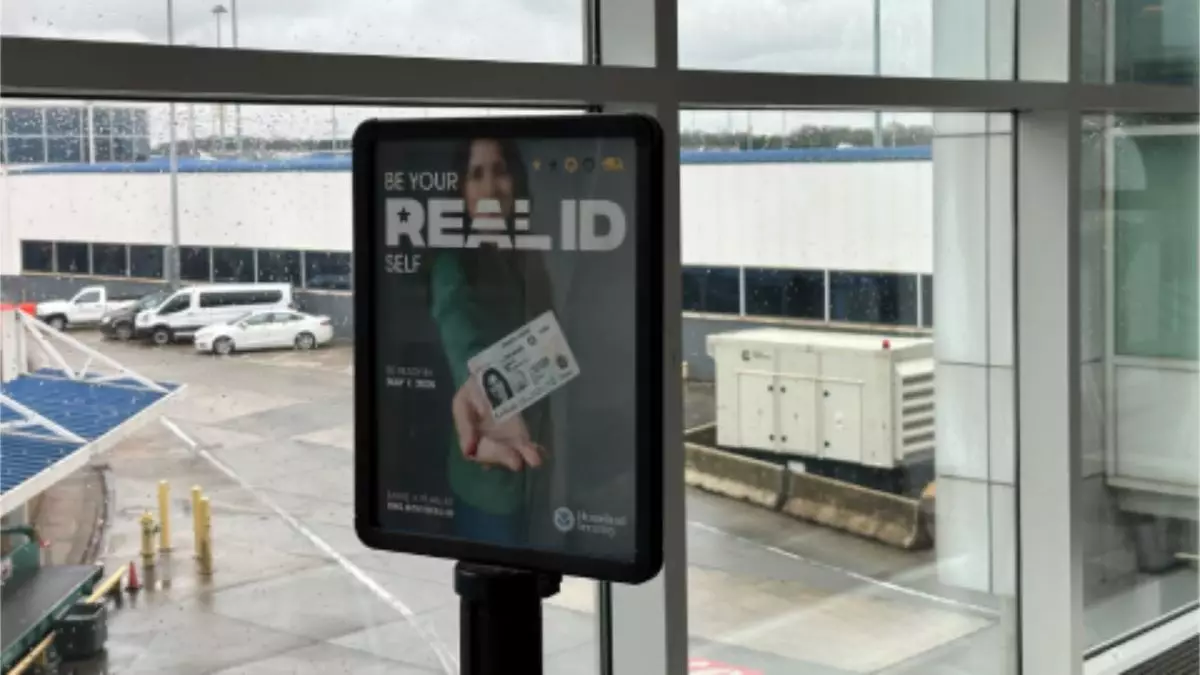In a recent announcement, the U.S. Transportation Security Administration (TSA) revealed a significant shift in its approach to the enforcement of the Real ID program. Originally intended to take effect on May 7, 2025, this pivotal regulation has seen multiple delays since it was first enacted by Congress in 2005. The TSA’s proposal seeks to postpone the full enforcement of Real ID requirements until May 5, 2027, thereby granting both flexibility and a transitional period for federal agencies and travelers alike.
The Real ID Act was designed to enhance national security by setting standards for state-issued driver’s licenses and identification cards. Under this act, IDs that fail to meet federal requirements will be rendered invalid for federal purposes, such as boarding commercial flights or accessing federal facilities. This crucial stipulation has raised concerns among travelers who may not possess a compliant ID as the 2025 deadline approaches.
The TSA’s proposed rulemaking recognizes the potential challenges associated with enforcing these regulations. Until now, many travelers have been under the impression that a strict cutoff would come into play, but this recent proposal indicates a willingness to accommodate a phased approach. This flexibility may serve to alleviate some of the logistical hurdles that could arise in the transition to Real ID enforcement.
Despite the possibility of a phased implementation, travelers could still experience delays or obstacles at airport security checkpoints if they are lacking an approved form of identification after the May 7, 2025 deadline. It is crucial for individuals who regularly fly or wish to travel by air to secure a Real ID-compliant identification in advance of the deadline. The prospect of having to sort through increased security delays due to identification issues should serve as a wake-up call for many passengers.
Moreover, TSA Administrator David Pekoske emphasized that the agency is proactively engaging with various stakeholders, including the public and state licensing jurisdictions, to ensure a smooth transition to Real ID enforcement. This engagement underscores the importance of public awareness ahead of the new timeline. As the TSA prepares for a range of potential scenarios, the need for coordinated action among states to issue compliant IDs is more imperative than ever.
The decision to delay full enforcement until 2027 raises questions about how the forthcoming years will unfold as agencies adapt to these evolving regulations. While there may be relief among certain factions who will benefit from this flexibility, the uncertainty still looms for countless travelers who must navigate the complexities of the process. The potential for delays at security checkpoints remains a critical issue, reinforcing the necessity for proactive measures from both the authorities and the public.
The TSA’s proposed rule offers a glimmer of accommodation amid a challenging transition to a security-enhanced travel environment. As concerns and confusion continue to swirl around the requirements of Real ID compliance, travelers are urged to take initiative and plan accordingly to mitigate any inconveniences that may arise as deadlines approach.

